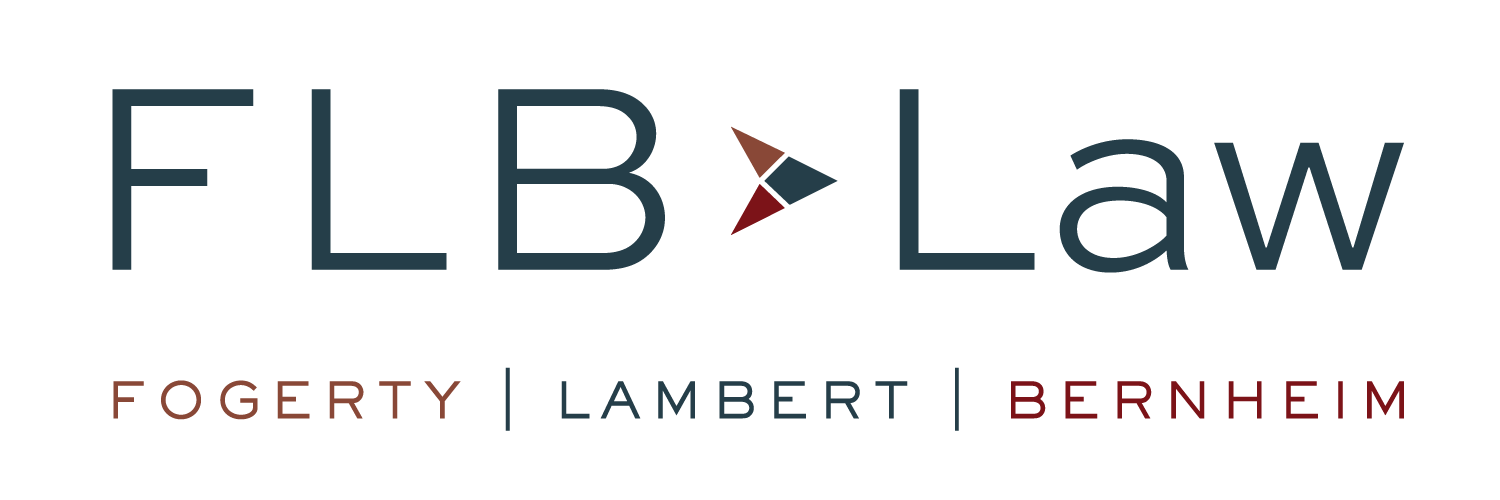Litigation Privilege: License to Steal?
Connecticut courts have increasingly applied the litigation privilege doctrine to provide attorneys with broad protection from retaliatory lawsuits. Originally in place to shield attorneys and other parties from defamation claims for statements made in the context of litigation, this absolute immunity has been expanded by the Connecticut Supreme Court to protect attorneys from lawsuits alleging fraud and, more recently, civil theft. For attorneys faced with a lawsuit from a former adversary, the litigation privilege is a powerful defense that can be used under a broad array of circumstances – whether or not they committed the alleged wrongful act.
History of Litigation Privilege
Connecticut courts have applied the litigation privilege to matters involving defamation for more than a century. Lawyers and other parties were granted immunity from civil liability for statements they made that offended or harmed an opposing party during the litigation process. The thinking was that attorneys and others should be encouraged to bring lawsuits, speak honestly, and fight hard in the adversarial process without fear of getting sued.
In recent years, Connecticut has broadened the litigation privilege beyond defamation to include protections against allegations of fraud and civil theft. In Simms v. Seaman in 2013, the Connecticut Supreme Court considered a family law case involving allegations of fraud and intentional infliction of emotional distress. The plaintiff in the case claimed that the defendant’s attorneys, who had represented his former spouse in a divorce action, failed to disclose and intentionally concealed her true financial circumstances in order to obtain a higher alimony award on her behalf. The defendants argued that they were protected by litigation privilege, and Connecticut’s high court agreed, stating that the privilege “protects the rights of clients who should not be imperiled by subjecting their legal advisors to the constant fear of lawsuits arising out of their conduct in the course of legal representation.” The interest in having people speak freely outweighs the risk that individuals will occasionally abuse the privilege by making false and malicious statements, the court said.
Court Expands Immunity to Civil Theft
Last year, in Scholz v. Epstein, the Connecticut Supreme Court broadened the application of the litigation privilege further by extending it to civil theft. An attorney was sued in connection to a previous foreclosure action for a piece of property in Bridgeport. The plaintiff had owned the land and used it for his business, which allegedly included storing, repairing and reselling industrial equipment. The attorney successfully represented a mortgage company in the foreclosure action, obtaining title to the property for his client. A considerable time after the conclusion of the case, the former landowner sued the attorney, alleging that he helped the mortgage company steal his property by using deceptive tactics to help get the foreclosure action through the court.
The defense argued that the client was protected by litigation privilege and got the case dismissed at the trial court level, a decision that was affirmed by the appellate court. The landowner then appealed to the Connecticut Supreme Court, which agreed with the defense that litigation privilege applied to allegations of civil theft.
Limits to Litigation Privilege
The application of litigation privilege does have its limits. In Connecticut, attorneys do not have immunity against claims of abuse of process, vexatious litigation or malicious prosecution. Individuals who believe a lawyer commenced a lawsuit against them without probable cause can sue the lawyer for vexatious litigation. To do so, the plaintiff must establish that the defendant acted without probable cause and with malice, primarily for a purpose other than to bring an offender to justice. Moreover, a party can still file a grievance against the attorney for unethical actions while litigating the case.
As the Supreme Court stated in Scholz, “Claims against attorneys premised on factual allegations that challenge the attorney's participation in properly brought judicial proceedings do not involve consideration of whether the underlying purpose of the litigation was improper and, thus, are entitled to absolute immunity...”
The court held in Scholz that the statutory theft claim did not challenge the purpose of the underlying judicial proceeding and that it was more in line with a claim of fraud or defamation, as opposed to vexatious litigation. Further, the court held that a right to sue was not necessary because there are adequate remedies available, especially through the grievance process, for wronged parties to punish an attorney’s alleged unethical conduct, which includes fraud.
Why Do People Sue Opposing Attorneys?
It’s not uncommon for people unhappy with a litigation result to sue their adversary’s attorney. This happens more often in certain areas of the law, such as foreclosure law and family law, which have a high percentage of win-lose cases versus settlements. In family law cases, people’s feelings against their former spouse are often raw, and when they lose, they want to get back at somebody, and the lawyer is the next best target. Further, lawyers in divorce cases speak about sensitive, private topics and make accusations about a person’s character. People may want to vindicate themselves and demonstrate that what was said in court is false.
The Takeaway
Connecticut applies litigation privilege more broadly than many other jurisdictions. Whether slander, fraud, or civil theft, if it happened in the context of litigation, it will be protected under litigation privilege, absent abuse of process. When an attorney is sued over something that happened in prior litigation, it is best to challenge it immediately based on the litigation privilege. This silver bullet defense often allows attorneys to avoid discovery and its prolonged time and costs.
Joshua M. Auxier, a partner at FLB Law in Westport, Conn., is a litigator with nearly two decades of experience representing clients in professional liability, directors and officers liability, and general liability matters. He is retained by some of the country’s most prominent insurance companies to defend their insureds, including lawyers and other professionals. Contact Josh at auxier@flb.law or 203.635.2200. For more information about FLB Law, click here.
